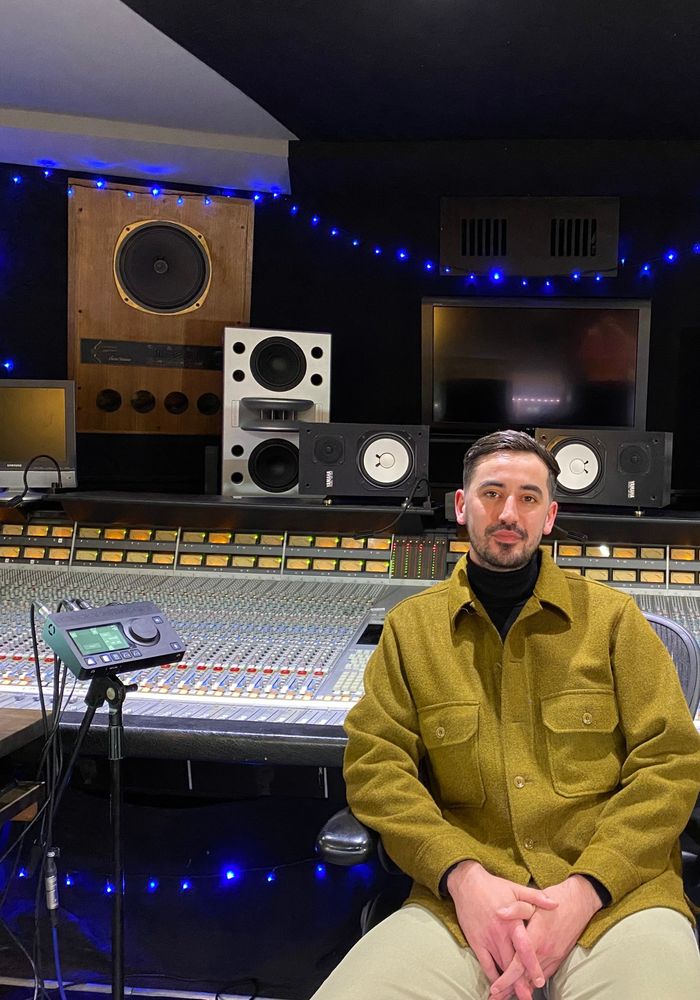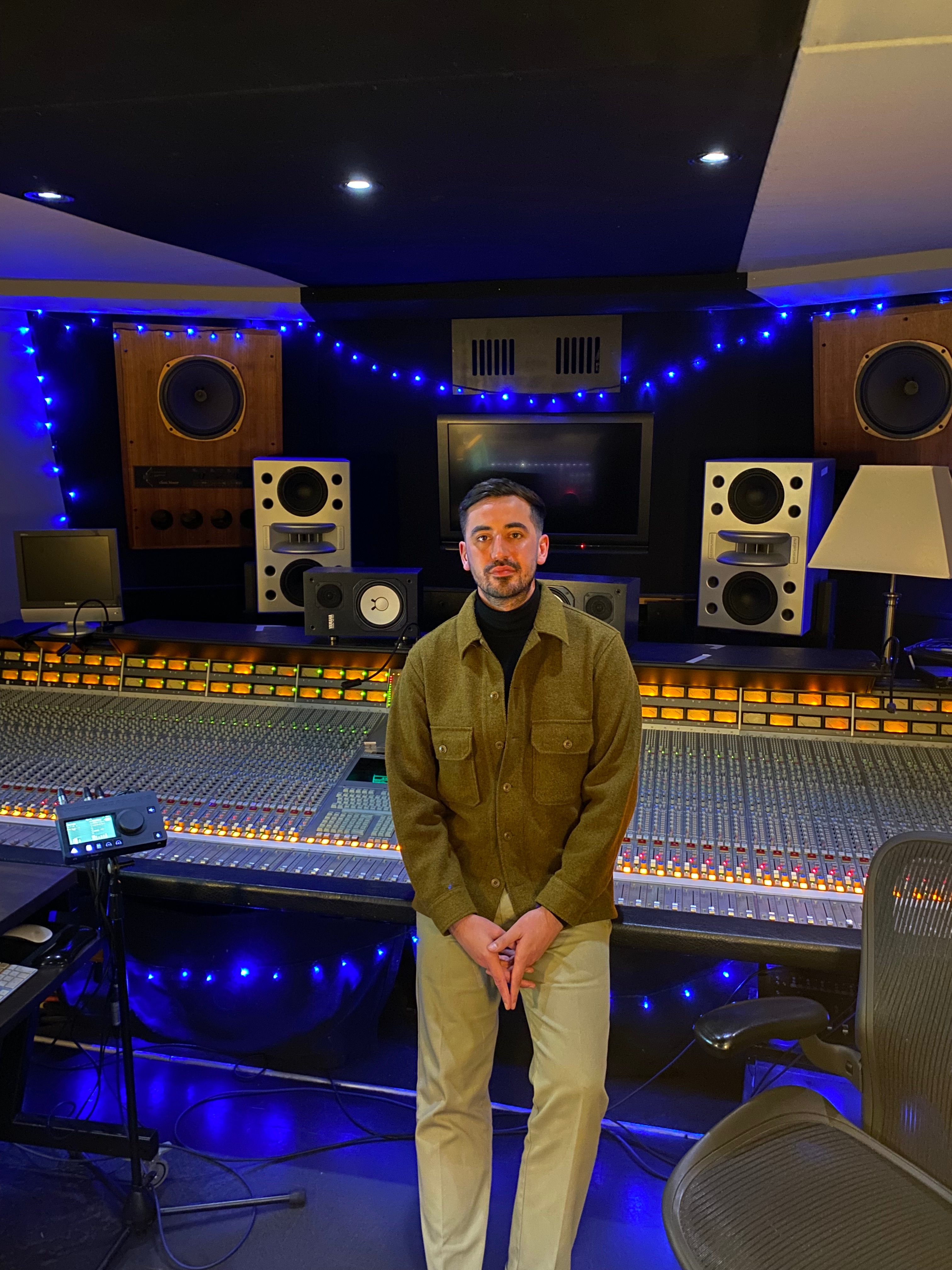As has been the case for so many mix engineers and producers throughout the second half of 2021, mix engineer and producer Joshua Faulkner has found himself busier than ever. Since the gradual easing of lockdown restrictions at the start of the year, studios have been opening up and artists have been flocking to them in their droves. Yes, music creators have remained productive from home in the absence of a fully functioning, pre-pandemic studio sector, but there is no substitute for the creative spark that ignites when together in a room with another human being.
For Faulkner, a large slice of the past few months have been spent holed up at London’s iconic Battery Studios – part of the Miloco Group and established by legendary producers Alan Moulder and Flood – with UK grime pioneer Skepta. Having worked together previously, Faulkner and Skepta formed a ‘bubble’ during the most restrictive social distancing measures and have embarked on something of a new creative partnership, which has kept the pair active throughout the past year of the pandemic.
“This is where me and Skepta have been working,” Faulkner tells Headliner as we join him at Battery Studios, where he sits at an SSL 4000 console that we’re told was purchased by Moulder from Nine Inch Nails’ Trent Reznor. “We were working on an album together and once that was finished, he called me and said, ‘I’d love to work with you full-time’. When I did the last EP with Skepta there was no stress at all; we finished it and we couldn’t believe how quickly it was out because the process was so seamless.”
Despite his close partnership with Skepta, Faulkner has plied his trade across a vast array of genres, working with an eclectic variety of artists. His working process, he tells us, is about being able to bring something fresh to any given project – a skill he developed from a young age.




